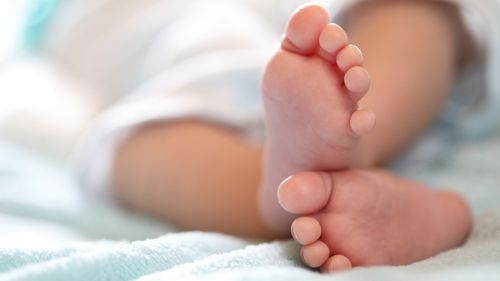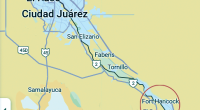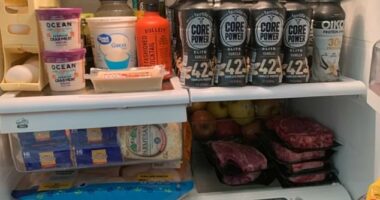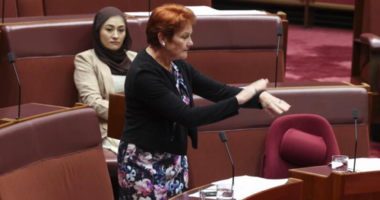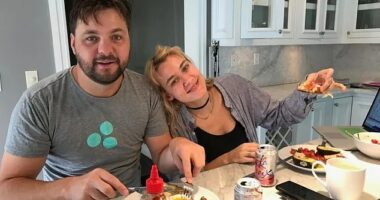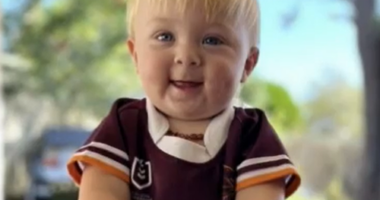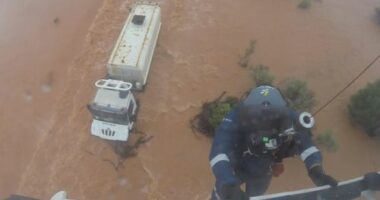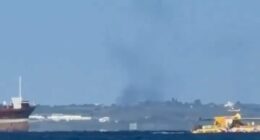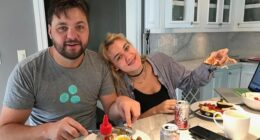Share this @internewscast.com
How an apparently “thriving” three-month-old baby died remains unknown following an inquest.
The infant KP was found dead at his mother’s home in Corowa in the NSW Riverina region in January 2022.

The inquest revealed possible causes of death including drowning, suffocation and inadequate nutrition, Pearce said.
But there was insufficient evidence in support for any of these.
She said the available evidence from the inquest did not allow her to find cause, place or manner of KP’s death.
Pearce also rejected the account his mother gave police after KP’s death, which included leaving her baby in the care of an unidentified man.
“It is implausible and inconsistent,” she said.
“Unfortunately, the result is there is no evidence leading up to the death of KP.”
Pearce said the Coroners Court knows nothing about KP’s emerging personality, but the baby was loved by his family.
“Until his premature death he seemed to be thriving,” she said.
The inquest examined the actions of those involved in the care of KP and his mother before his death.
These included services from the Department of Communities and Justice (DCJ), Murrumbidgee Local Health District and Albury Wodonga Health.
There were shortcomings in the actions of the organisations, but Pearce said her findings did not suggest that KP’s death could have been avoided.
“On the contrary I was impressed with the care and professionalism of all who cared for KP,” she said.
“”It appeared to those who saw KP with his mother that KP was safe in her care.”
Before his birth, DCJ carried out a safety evaluation that identified potential risks, such as his mother’s mental health issues and substance addiction.
But KP was deemed as “safe with a plan”, provided the involvement of social workers, and the support of family and community services.
In retrospect, Pearce said there were signs of increasing risk for KP after his birth.
His mother missed appointments including for a dietician and lactation consultant, and did not always answer the door to social workers.
“Even on days when she was clearly aware they would be visiting,” Pearce said.
Pearce, in her suggestions, recommended that the NSW Health SAFE START program should formalize its management and oversight by clearly defining roles and responsibilities.
The program, which delivers care and early intervention services for expectant mothers and their newborns, was tasked with assisting KP and his mother.
On January 12, 2022 a family member attended the granny flat where KP lived with his mother, and heard baby cooing sounds, Pearce said.
“It is the latest point in which we can establish that KP was alive,” she said.
